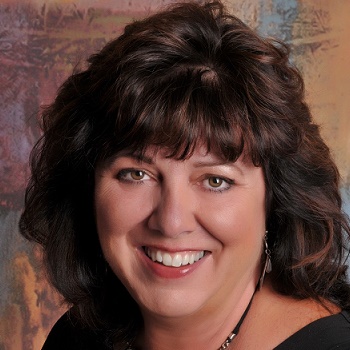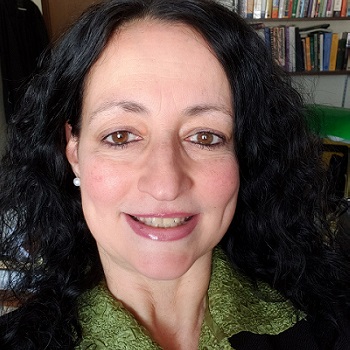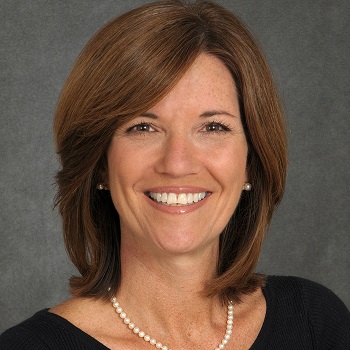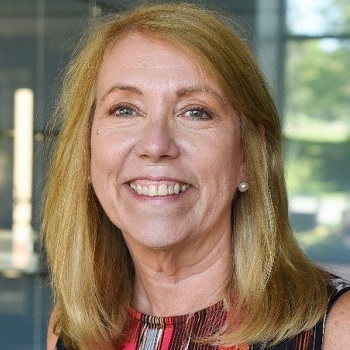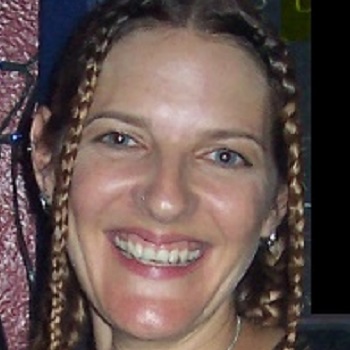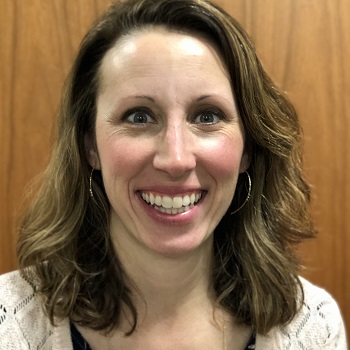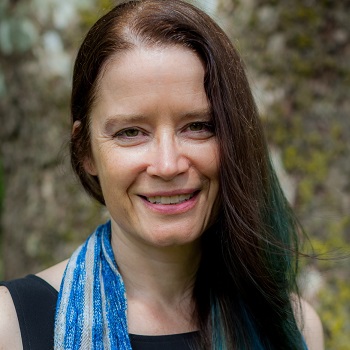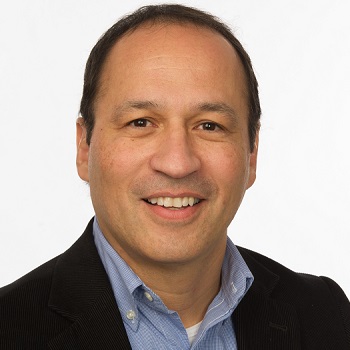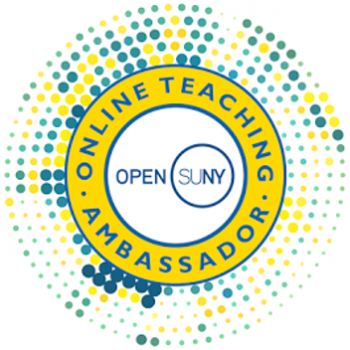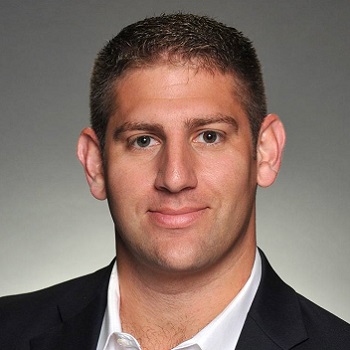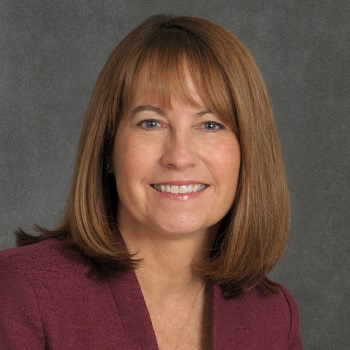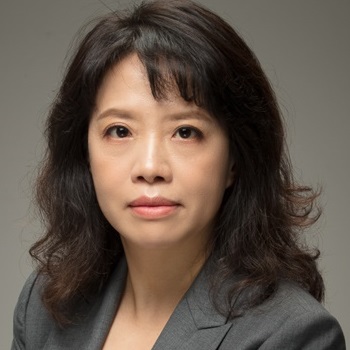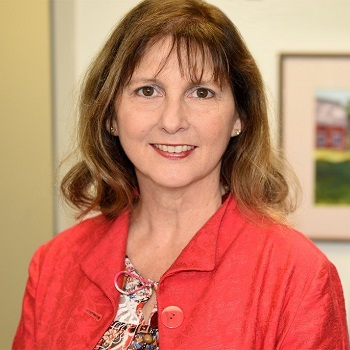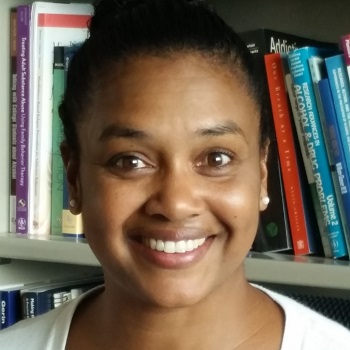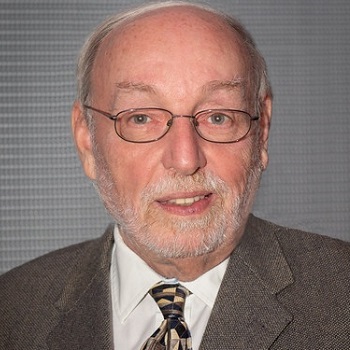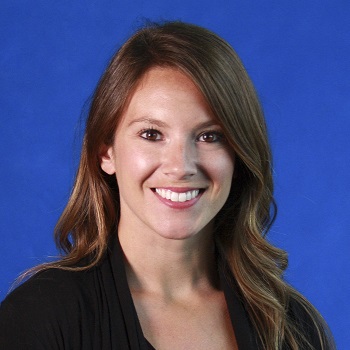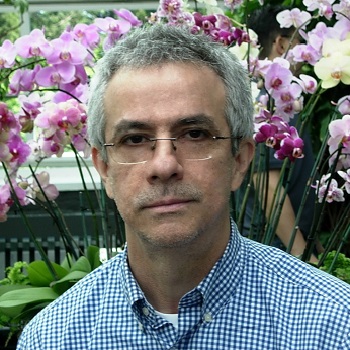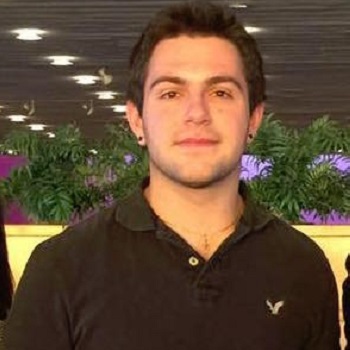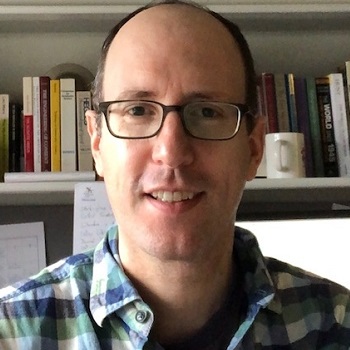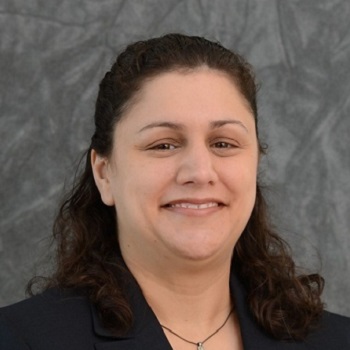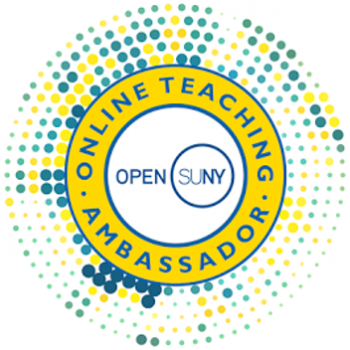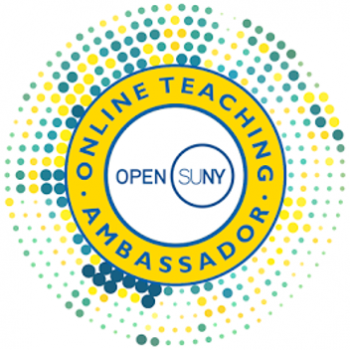Open SUNY Online Teaching Ambassador 2020: Nassau – Elizabeth A. Wood
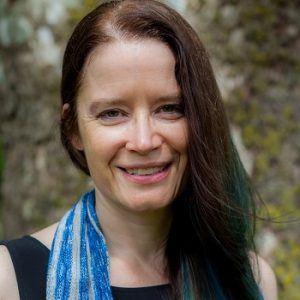
Nassau Community College
Elizabeth A. Wood started teaching at Nassau Community College twenty years ago. When she arrived, the college was using WebCT and she quickly adopted it to enhance her on-campus teaching practices. As a Gen-Xer, Elizabeth felt like the internet had grown up with her. She was drawn to online communication from the early online Bulletin Boards and Internet Relay Chats to the beginning of blogging and the development of online social networks. As a sociologist with a focus on interaction, she was excited by opportunities that the Internet had opened for conversation across cultures and also for “finding one’s tribe”.
It took more than ten years of using online course tools in on-campus classes before I taught my first fully online class. I was slow to move my teaching online because I love the energy of the classroom and the connection I feel when I can talk with students face-to-face and how they engage with ideas and with each other in real-time.
Since beginning to teach fully online, I’ve come to see that this mode of teaching and learning has a magic of its own. Some of the most thoughtful discussions I’ve witnessed – whether in my Introduction to Sociology course or in my Sociology of Gender course – have occurred in my online sections. I’m convinced that one reason for this is the time students have to think about what they’re going to say before they say it. They are reading each other’s words – or mine – and then taking time to reflect instead of starting to develop their own responses to a student who hasn’t even finished speaking. Another magical element of online courses is that they involve students from many locations. While a majority of my online students are from the local area and some are taking a mix of online and on-campus courses, several each semester are from far away places. Some are serving overseas in the military. Others are living and studying at distant colleges but taking a class they couldn’t find at their home campus. And of course, some are local but cannot come to the campus because of family, work, or disability-related concerns.
I’m committed to creating online learning environments that offer students flexibility while maintaining the same high standards I hold for students in my on-campus classes. The diversity of experience and identity that my online students bring to that environment enriches it for everyone involved.

